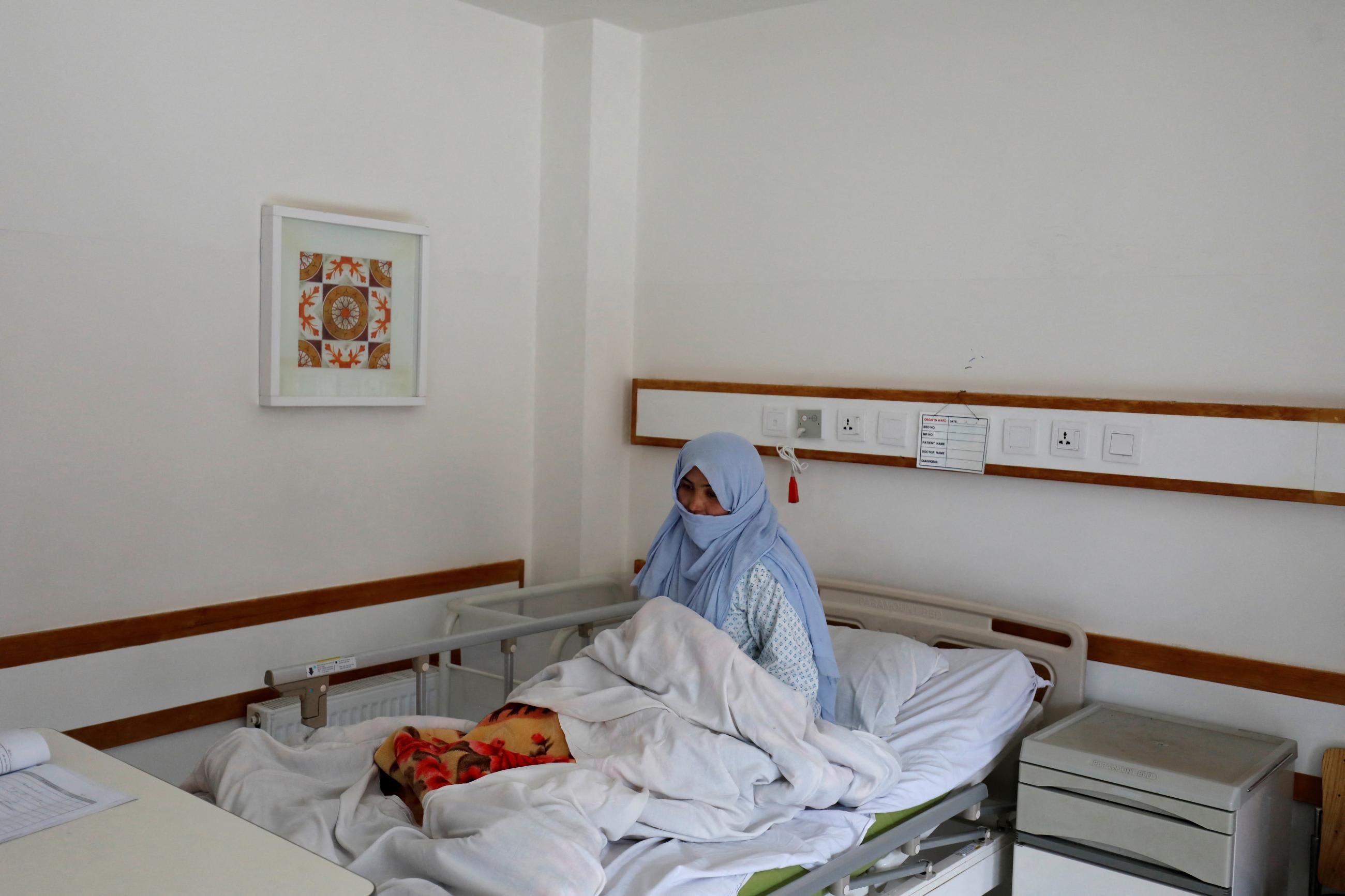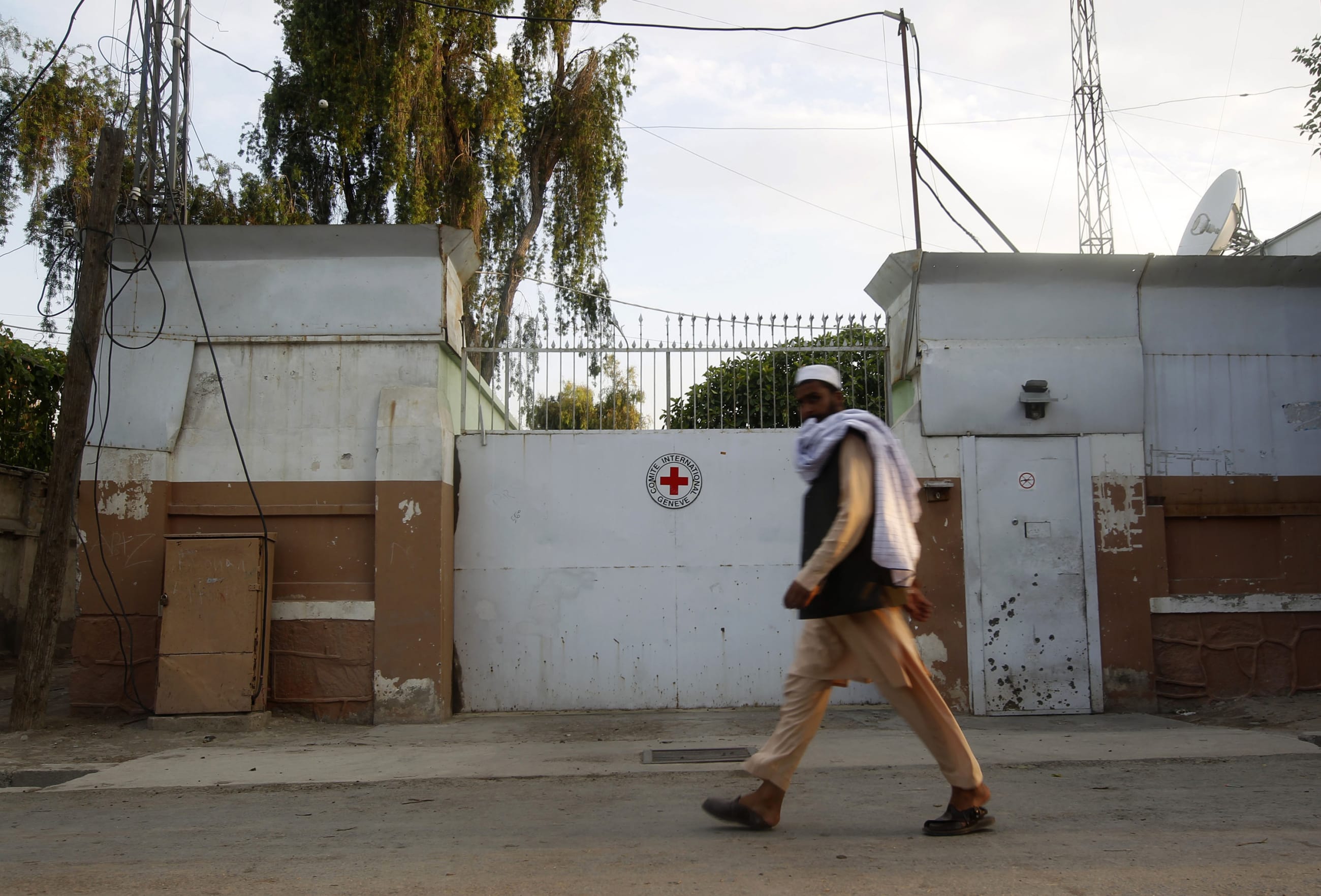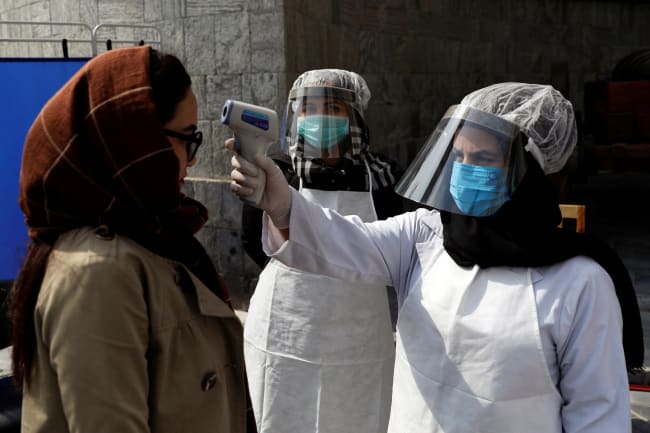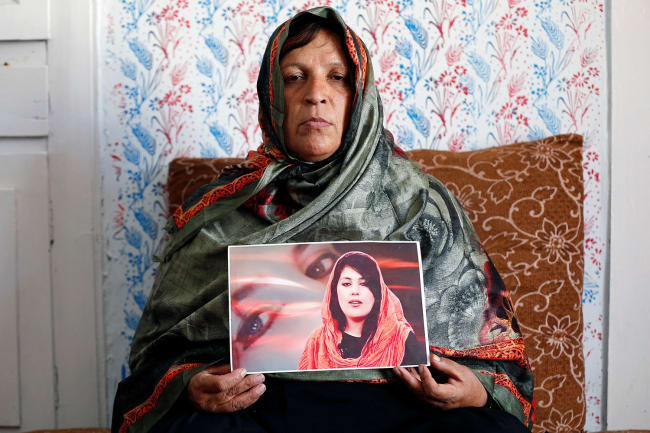On August 17, 2023—almost two years to the day after the Taliban's takeover of Afghanistan—the International Committee of the Red Cross (ICRC) announced it could no longer afford to manage twenty-five public hospitals in the country and would cease supporting them. Although the ICRC had been funding them as a temporary emergency stopgap measure, the withdrawal has the potential to imperil health providers staffing these facilities and millions of vulnerable and disadvantaged people they serve because the Taliban have yet to assume financial responsibility for the health sector in any substantial way. This announcement has rekindled an important conversation about how to transition Afghanistan's health sector from a temporary influx of donor funding to long-term strategies.
After Kabul's fall, international funders including the World Bank, The Global Fund, and the United Nations sprang into action, implementing emergency protocols and providing funding to ensure the continued operation of critical institutions and to prevent the collapse of the country's health sector. International organizations that had been active in the country for decades, including the ICRC, rushed to form contingency plans.
It's time for the Taliban to take more responsibility for funding health in Afghanistan, particularly public hospitals
We have both worked for health and development organizations in Afghanistan and understand how critical these international actors are. We've also recently spoken with health-care providers across the country about the current situation. External donors have been and continue to be a lifeline for millions of underserved people there. However, stopgap solutions are by nature short term and unpredictable, which is challenging for everyone working within the health system, particularly those on the frontlines.
Health providers in Afghanistan are no stranger to payment interruptions. A doctor told us how motivated health workers helped keep the health system afloat following the Taliban takeover, "showing up to their work despite not having received salaries" for months. Doubts about long-term funding, though, weaken their resolve. "These short-term promises are adding to our anxiety," another doctor explained. "More than anything, we need clarity about our future."
As humanitarian organizations operating in Afghanistan see their funding for in-country programs dwindle and other global crises compete for their attention, they are now scaling back their activities. It's important that international organizations identify and seize opportunities to shift from short-term measures to the lasting solution of transitioning those responsibilities to the Taliban. It is time for the Taliban to take more responsibility for funding health in Afghanistan, particularly public hospitals.
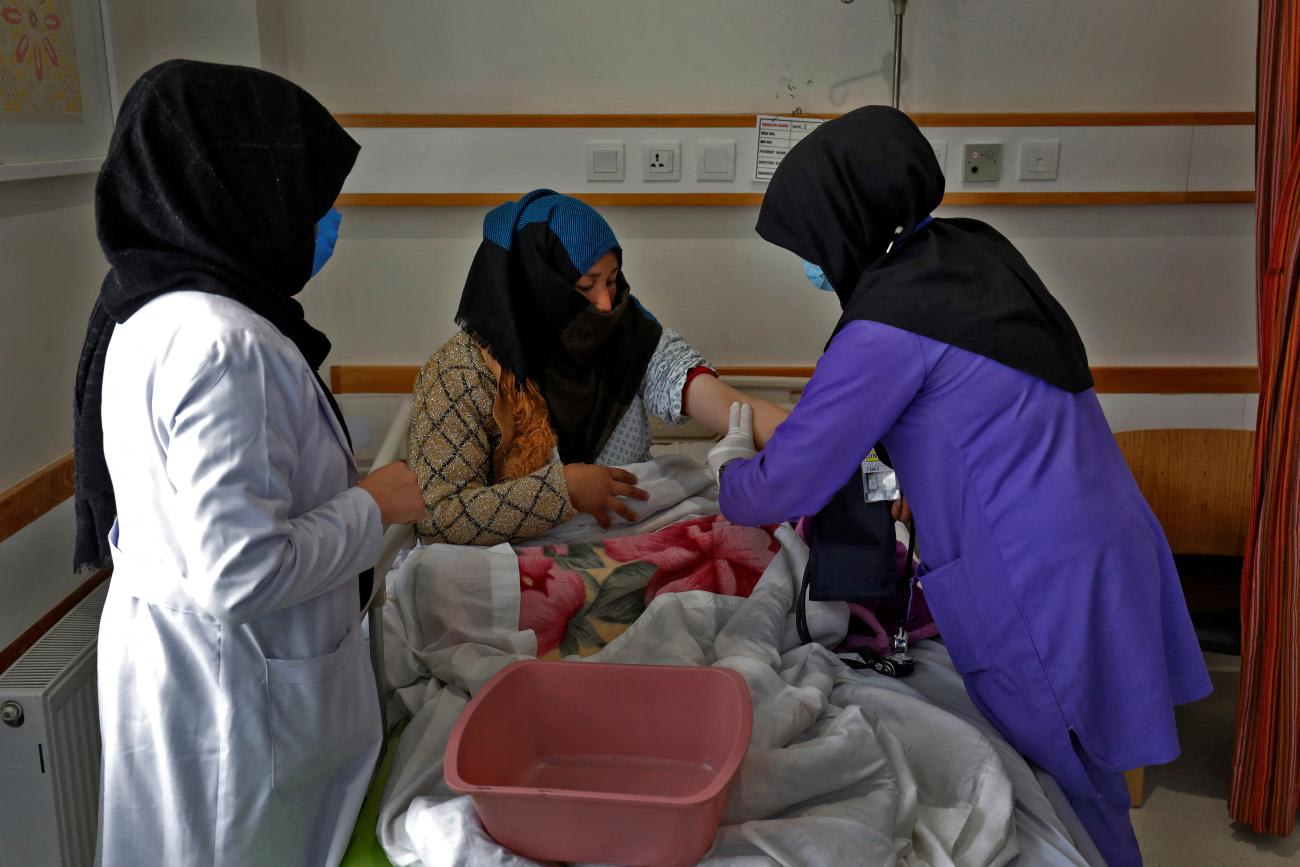
Some question the feasibility of the government taking greater responsibility, given that the country continues its economic freefall. But the Taliban themselves have announced they will fund all health and education programs with domestic resources, and have boasted about their superior revenue collection relative to that of the previous regime. The Taliban's proposed spending plan is almost certainly unrealistic given their expected revenues; however, donors can use this opportunity to hold them accountable for financing public hospitals at least, because doing so would free up funding that could be used for other urgent needs, including primary health care.
It's always challenging for international actors to transition accountability to local governments, more so when the de facto authority lacks international legitimacy. It will certainly be difficult to navigate with the Taliban, who have not relented in systematically erasing women's visibility from the public sphere and limiting people's freedom to speak and move, despite donors' threats to withhold funding.
Nor have the Taliban demonstrated a commitment to the broader population's health in any substantial way: in their 2022 budget, a meager 2.4 percent was allocated to health versus almost 40 percent to security and the military. This is may simply be because donors largesse has meant that they have not needed to.
In 2022, a meager 2.4 percent was allocated to health versus almost 40 percent to security and the military
Some are understandably skeptical that the Taliban authorities will sustain existing salaries of health professionals. Yet another stopgap solution from international actors could be more detrimental than beneficial, diminishing the urgency of the situation and inadvertently signaling to the Taliban that external donors will persist in providing ongoing support indefinitely. Unless international actors push the Taliban to assume greater responsibility, they will instead only become more dependent, undermining attempts to build a more sustainable system of health services.
No doubt citizens elsewhere find it unpalatable to hear their leaders talking about long-term support to the Taliban. An eventual transition to government ownership and responsibility is essential, however, to any sustainable improvements in a country's health sector, and to move the country beyond fragility. There is simply no alternative to encouraging the Taliban to own—and finance—their own health system.
A phased approach is already under way to transition public hospitals from external funding to the Taliban as they begin to pay for medicines and operational costs and the Afghan Ministry of Public Health continues paying salaries of personnel. The UN Resident Coordinator's Office, which leads the UN's engagement in Afghanistan, should devise an agreement with the ministry that ensures the Taliban keep up their end of the bargain. Any further external support should be paid in increments and incumbent on the Taliban's payment of salaries.
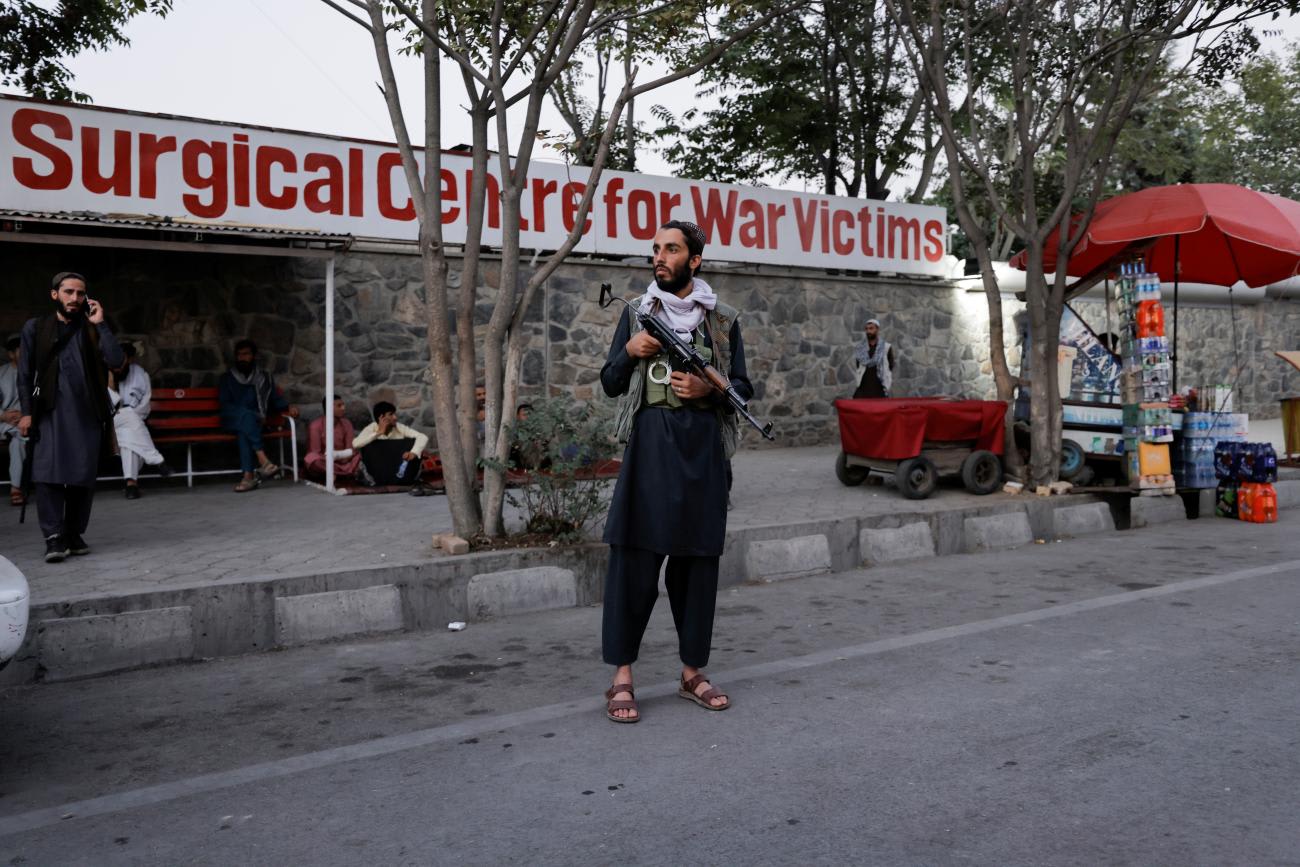
Based on a recent announcement, the ICRC appears to be advocating to secure additional funds that will enable them to continue to pay for public hospitals. We worry that such requests could be counterproductive by signaling to the Taliban that donors will invariably step in to cover hospital expenses. Such requests could also diminish the Taliban's incentive to negotiate with their leadership for a larger health budget in the upcoming fiscal year. External actors should instead emphasize that their funding will be used to support primary care services and health system strengthening—but not hospitals, which the government has traditionally financed. Such clear delineation of responsibility would mirror the agreements in place prior to the 2021 takeover.
Over the last two decades, the Taliban have engaged more openly with health organizations than with other sectors, and in the last two years have shown greater leniency towards the health sector, for example, by allowing female health workers to work despite barring women from other sectors. This may be due to practical constraints (for example, because the female patients are banned from seeing male doctors) and an understanding that the public is evaluating the credibility of the government in no small part by their access to health services.
The abundant humanitarian needs in Afghanistan and other similar contexts will always make a compelling case for continued external support. With the long term in mind, though, we should not miss pivotal opportunities to instigate change and enable the country to stand on its own, especially in critical sectors such as health. It's past time for the Taliban to show their commitment to the Afghan people by initiating specific actions that demonstrate their intent to start taking responsibility for critical health-care services.
